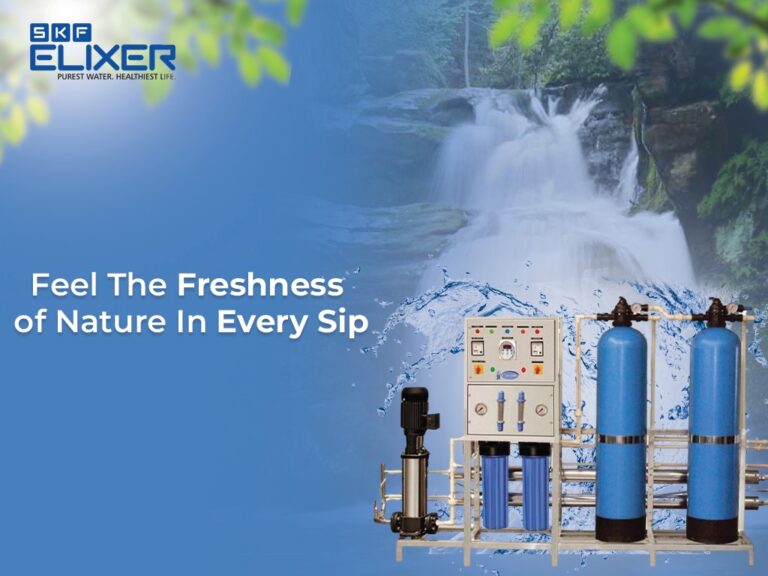Table of Contents
Water softeners are primarily designed to address one type of mineral content in water – hardness, which is mainly caused by calcium and magnesium ions. Here’s how water softeners interact with various minerals:
What Water Softeners Do
Good reads are meant to be shared
Calcium and Magnesium: Water softeners work by exchanging these hardness-causing ions with sodium or potassium ions through a process called ion exchange. Thus, the water softener removes calcium effectively, making the water “soft.”
Specific Mineral Interactions:
- Iron:
- Water Softener That Removes Iron: Some water softeners are designed to handle iron, especially ferrous iron (clear water iron). These units use a special resin or a higher salt dose during regeneration to remove iron. They can reduce iron up to a certain concentration (typically up to 3-5 ppm), but for higher levels, additional treatment like an iron filter might be needed.
- Iron Cleaner for Water Softener: Some products are used to clean water softeners from iron buildup, which can clog resins and reduce efficiency. This isn’t about removing iron from water but maintaining the softener’s performance.
Limitations:
- Other Minerals: Water softeners don’t generally remove other dissolved minerals like sodium, potassium, or trace elements unless they’re specifically designed for that purpose. They are not effective against:
- Heavy metals like lead or copper.
- Dissolved gases or organic compounds.
- Bacteria or viruses.
Effects on Water Quality:
- Taste: Softened water might have a higher sodium content if sodium chloride is used for regeneration, which can affect taste or be a concern for those on low-sodium diets.
- Health: The removal of calcium and magnesium can lead to water that feels different on the skin or might necessitate remineralization for drinking if mineral intake is a concern.


FAQs:
Q1: Can a water softener remove all minerals from water?
A: No, it primarily targets calcium and magnesium. Some also handle iron, but not all minerals.
Q2: Is there a water softener that removes iron effectively?
A: Yes, but it’s important to choose one designed for iron removal, considering the type and concentration of iron in your water.
Q3: How often do I need to use iron cleaner products for water softener?
A: This depends on iron levels in your water, but typically, annual or semi-annual cleaning might be necessary.
Q4: Will a water softener remove beneficial minerals?
A: It removes calcium and magnesium, which are beneficial in small amounts but can be harmful in excess (hard water).
Q5: Does using a water softener change the mineral balance for drinking water?
A: Yes, it reduces hardness minerals, potentially increasing sodium levels if sodium-based regeneration is used.
In summary, while water softeners effectively remove calcium and magnesium, and some can deal with iron, they are not a catch-all solution for all mineral content in water. For comprehensive mineral removal or treatment, additional or combined water treatment methods might be necessary.
Good reads are meant to be shared




